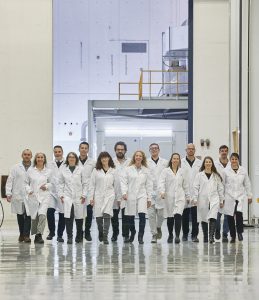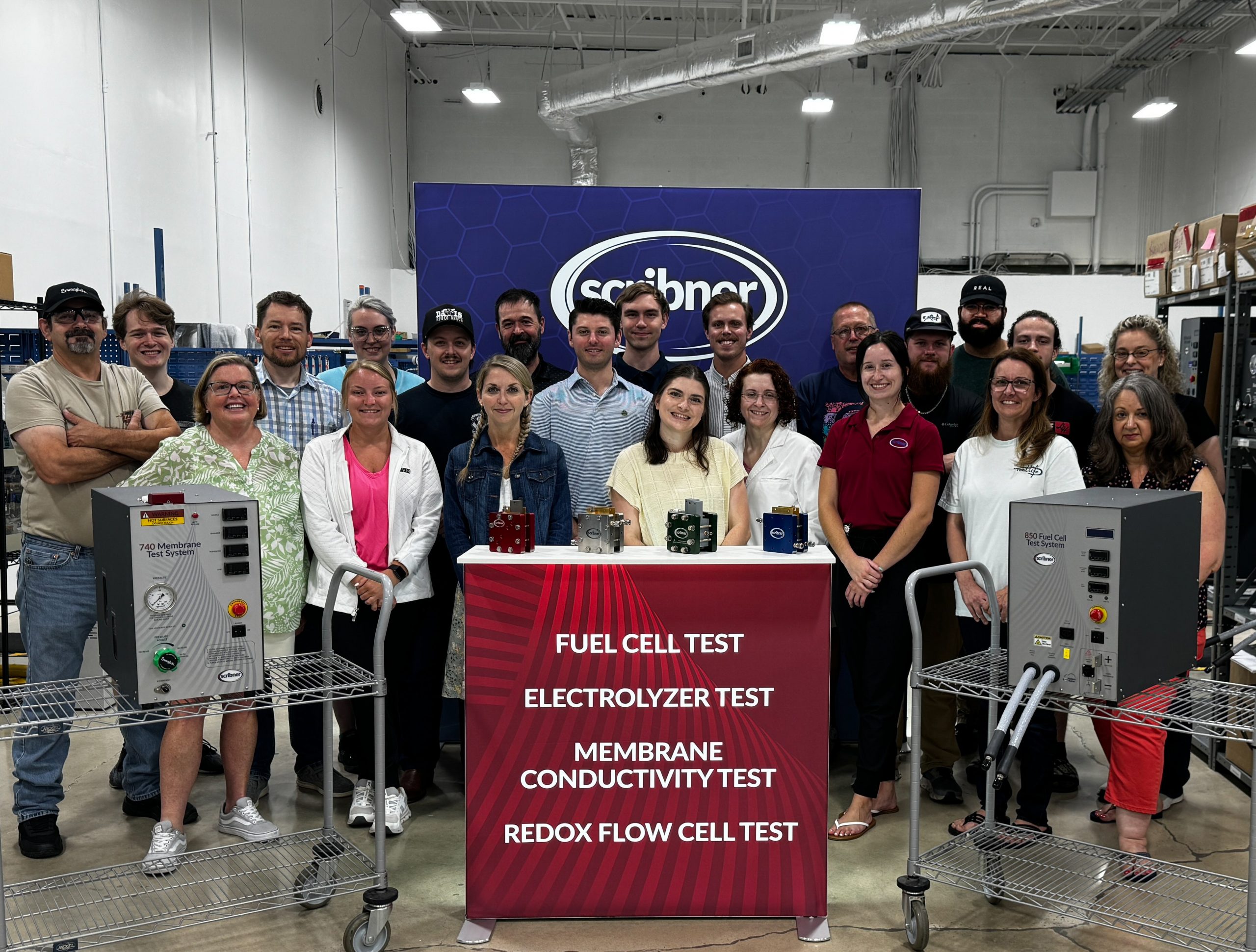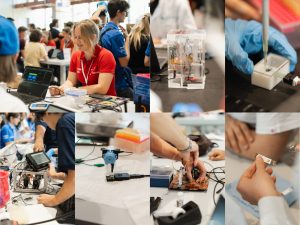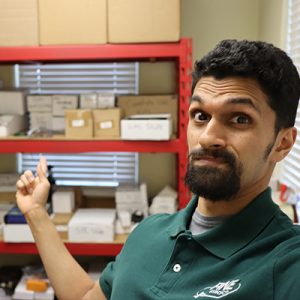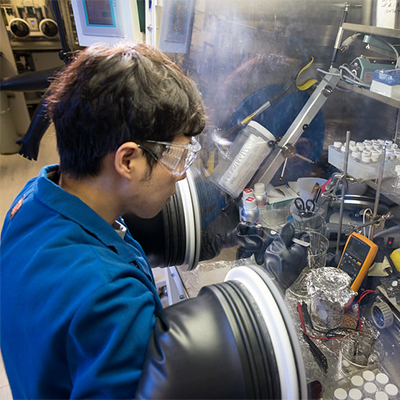 Today’s guest post comes from Dr. Alex Peroff, Electrochemical Sales Scientist at Pine Research Instrumentation, an ECS Institutional Partner, who shares his perspective on advancing research, collaboration, and innovation in our scientific community.
Today’s guest post comes from Dr. Alex Peroff, Electrochemical Sales Scientist at Pine Research Instrumentation, an ECS Institutional Partner, who shares his perspective on advancing research, collaboration, and innovation in our scientific community.
I attended the electrochemical education symposium at the 248th ECS Meeting in Chicago, IL. After listening to the talks, I was inspired to develop an abstract to present at a future meeting. The topic would either be about my efforts in teaching electrochemistry via YouTube or developing electrochemistry workshops. Not knowing which topic to pick, I decided to poll my LinkedIn network. To my surprise, only eight percent of people were interested in learning about making YouTube content, compared to 55 percent who were interested in electrochemistry workshops. (more…)




